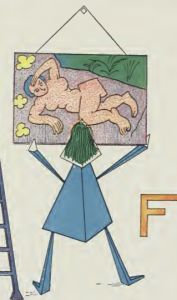Omeka and WordPress (and plenty of other applications) have ways of adding or modifying existing data using things called hooks and filters. I’ve been developing projects with both of these applications for a while, and in my experience it’s often easier to write a simple function that uses one of these hooks or filters—instead of finding a plugin—to make some kind of modification to a project. These hooks and filters exist so you can make these kinds of changes without significantly altering the core of an application. Learning what each is about, and how you might use them to make some changes, can go a long way toward taking a project in a direction you want it to go, instead of accepting what the application gives you by default.
I’d like to propose a session where we explore ways of using hooks and filters in each of these platforms. In the process, we could talk about ways of actually finding these hooks and filters, read the code to better understand how they work, and learn a bit of programming to make some changes to a site using each of these platforms. If you’d want to play along, you’d need access to change files in an Omeka and/or WordPress installation. (I won’t be able to provide this.) Otherwise, you could collaborate with someone in the room, or just watch, take notes, and ask questions to get information to take back to your project.
Related






